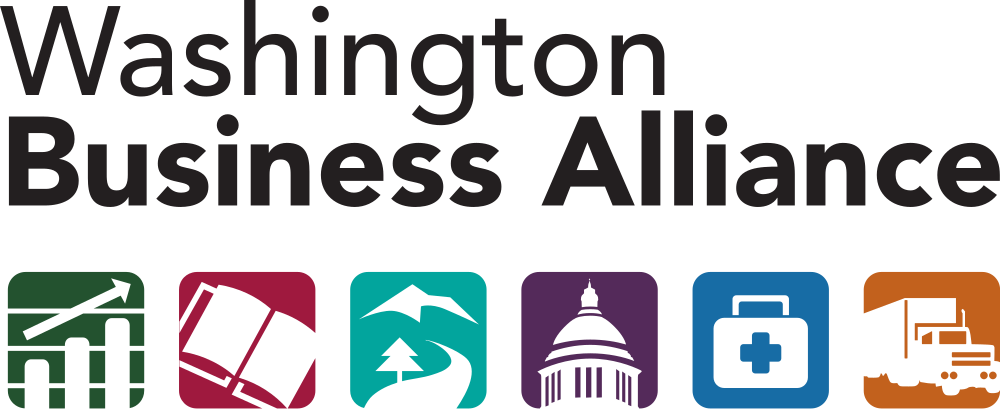Ever find yourself puzzled over how to properly recycle or dispose of unwanted household and business wastes? For King County residents, there’s a new web app for that! It was engineered by Audrey Carlsen, a Seattle woman who took on the project as the capstone of her six months of intensive classroom instruction with the Ada Developers Academy. Ada is a nonprofit software development school in Seattle exclusively for women; it was started by the Technology Alliance to address gender diversity challenges in Seattle’s tech community.
The app, “What Do I Do With…?” considers the user’s location and their needs and provides the nearest disposal site for the items in question. Substances covered include batteries, construction and demolition debris, fluorescent light bulbs, paint, printer cartridges, propane tanks, tires, and many more.
- Audrey Carlsen, the app’s creator (right)
Civic Data, User-Friendly Applications
The King County Solid Waste Division already provides a similar web app on their site, but Carlsen’s web app features clear improvements on the government’s – particularly its incorporation of geolocations and interactive maps to direct users to the site most convenient for them.
“They currently have a website up that uses the same dataset,” Carlsen commented, “but it doesn’t incorporate any geolocations. So they get the list but it isn’t tailored or curated to what is most convenient to them.”
Developing Seattle’s Female Programming Talent
Like the statewide Youth Apps Challenge, also a project of the Technology Alliance, the Ada Developers Academy draws on grant dollars awarded by the National Telecommunications & Information Agency and administered by the Broadband Office of the Washington State Department of Commerce.
Ada students learn a full tool belt of web development coding languages – Ruby, Rails, HTML/CSS, JavaScript – as well as the know-how to pick up others.
After six months of intensive classroom study, Carlsen was given a month to create a capstone project. In the course of her studies, she had gotten interested in open data and had seen the Socrata-powered open data platforms for King County and the City of Seattle.
Carlsen viewed the capstone project as the “perfect opportunity to make a really cool app around open data.” She went on to the King County open data platform, and browsed data sets until her idea arrived. When she discovered the waste disposal data and improvements she could make on the current application, she knew she was onto something. “I totally would use this app and a lot of people I knew would to,” Carlsen said. She contacted a Senior Web Developer at King County who she says was “highly supportive” of her efforts.
Praise from Government
That county web developer, Al Boss, had glowing praise for Carlsen. “Audrey was fantastic,” he said. “She grasped the problem immediately, and worked with our open data platform and its application-programmer interface to create a new version of our current ‘What Do I Do With’ desktop tool. Her version is using modern code, and it uses responsive design that works equally well on a telephone, tablet, or desktop computer. Her turnaround time from initial thought to completed project was only one month.”
Boss added, “She met with the data owner (my colleague Jay Beach, at King County Solid Waste) throughout the process, and delivered a tool that exceeded his highest hopes. In fact, the only thing keeping her code from replacing the current tool right now is that her code is so far ahead of the rest of his site that it’d be jarring. I believe Audrey and Jay are working on rolling back the design a little bit so it can be deployed into the existing template for a few months until the rest of the Solid Waste site is updated into the County’s new responsive design template. At that point, we’ll have caught up to where Audrey’s code already is.”
Apply to Ada Developers Academy
Carlsen described Ada as “a very empowering thing to be a part of. I’ve been the first cohort and it’s been able to change all of our lives.” Applications are open through June 16, 2014 for the second cohort of women which will begin classes in the fall.
More Ada student capstone projects built around civic data can be seen here.
